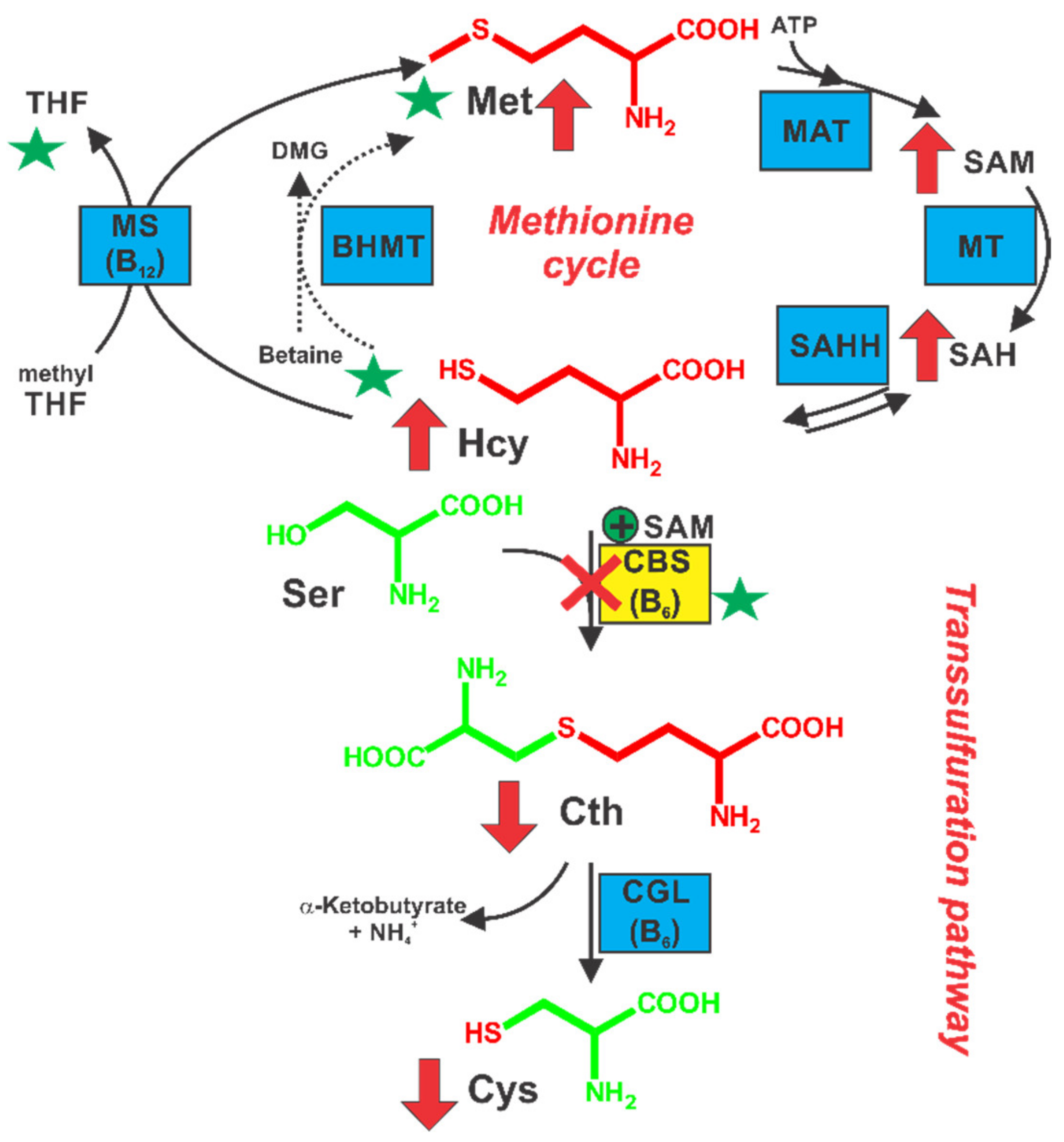

In some in vitro studies, Lactobacillus acidophilus has been effective against some intestinal pathogen elements such as Shigella, Salmonella, Staphylococcus, Proteus, Klebsiella, Pseudomonas, E. Also, in some studies, yeasts, such as Saccharomyces boulardii, have also been suggested and are used as probiotics. Probiotics are mostly species of the Lactobacillus, Bifidobacterium, and Streptococcus genera.

The widely accepted definition of probiotics is as follows: “the live microorganisms which when administered in adequate amounts confer a health benefit on the host”. sonnei frequently causes community-wide outbreaks in industrialized countries. The most common microorganisms diagnosed in developing countries are S. Estimation of the disease inflictions remains largely speculative because only a small percentage of patients seek medical treatments and are diagnosed through stool cultures. Shigellosis is estimated to be responsible for about 170 million cases and 14,000 deaths worldwide annually and such a burden is a major health problem with socioeconomic consequences. Shigellosis in children has variable symptoms ranging from a mild, self-limited diarrhea without inflammation to a severe, inflammatory, bloody diarrhea with high fever, abdominal cramps, vomiting, lack of appetite, toxic appearance, painful defecation, and other extraintestinal complications. Shigella is a pathogen transmitted through the fecal-oral route, primarily via person-to-person contact. This is mostly spread by the following Gram-negative bacteria: Shigella flexneri, S. Introductionīacillary dysentery is a disease in the category of acute infectious diarrhea.
#Recent studies of dmg efficacy trial
The trial is registered with IRCT201109267647N1. The use of synbiotics as an adjuvant therapy to the standard treatment of dysentery significantly reduces the duration of dysentery, fever, and rate of weight losses. There was no significant difference in the mean duration of hospitalization in both groups ( ). Average amount of weight loss was significantly lower in the synbiotic group in comparison to that in the placebo group ( grams and grams, resp. The mean duration of fever has been significantly reduced in the synbiotic group ( days) in comparison to the placebo group ( days) ( ).

The mean duration of dysentery reduced ( ). It was concluded that there was no significant difference in both groups in the baseline characteristics. Duration of hospitalization, dysentery, fever, and the weight loss were assessed in each group. The standard treatment was administered for all patients. To assess the probiotic and prebiotic (synbiotics) effects in children with dysentery in a randomized clinical trial, 200 children with dysentery were studied in 2 groups: the synbiotic group received 1 tablet/day of synbiotic for 3–5 days and the placebo group received placebo tablets (identical tablet form like probiotics). Bacillary dysentery is a major cause of children’s admission to hospitals.


 0 kommentar(er)
0 kommentar(er)
